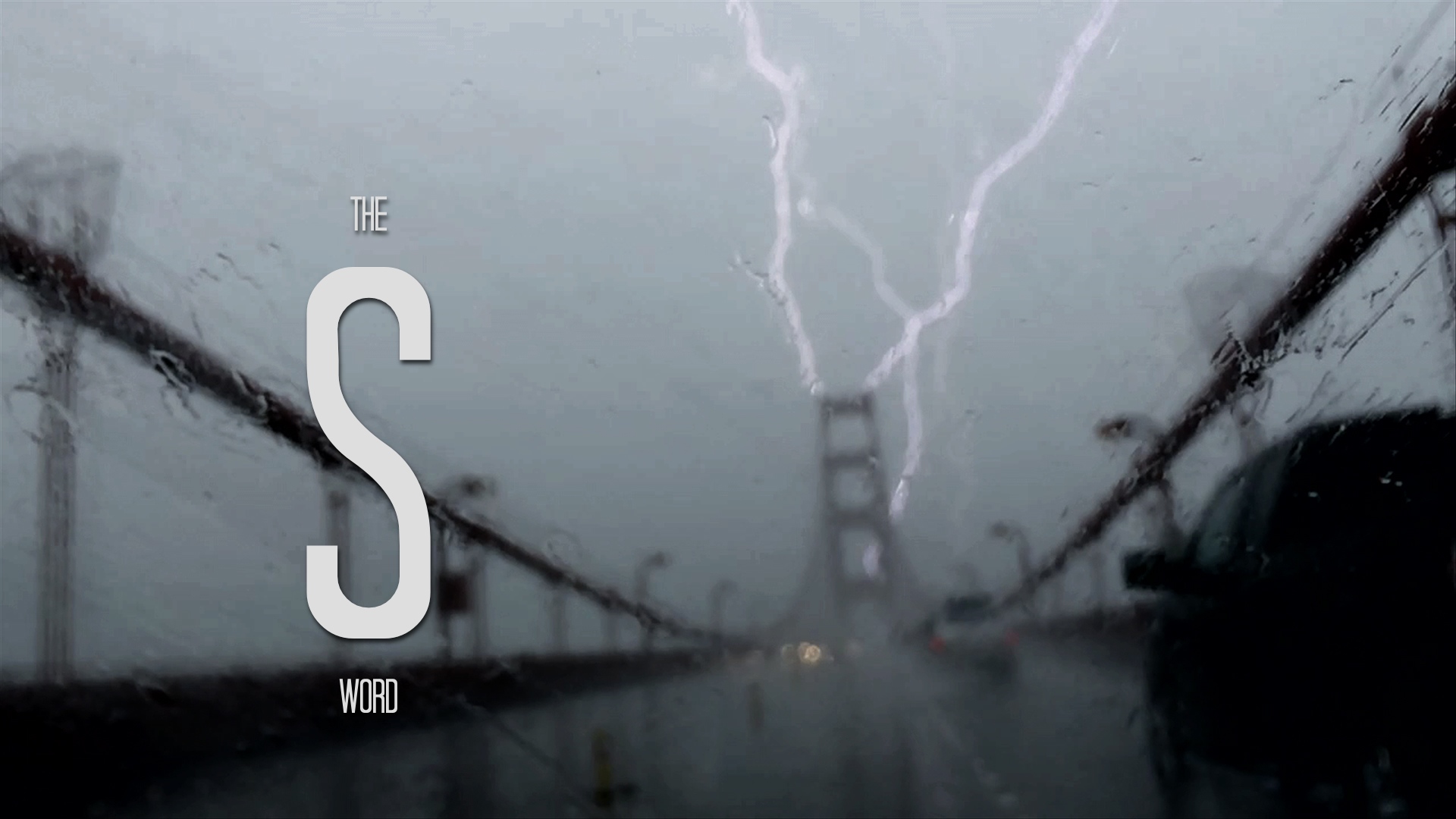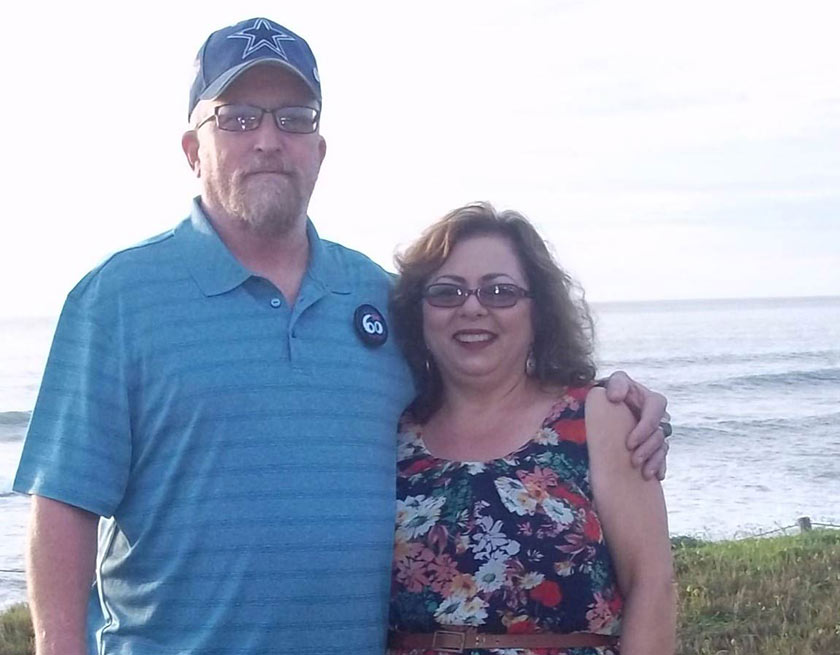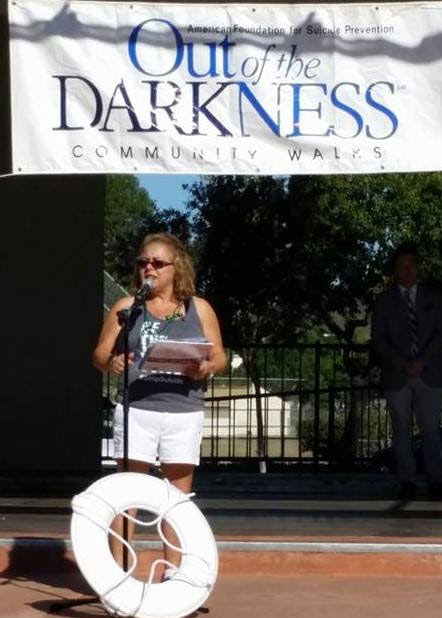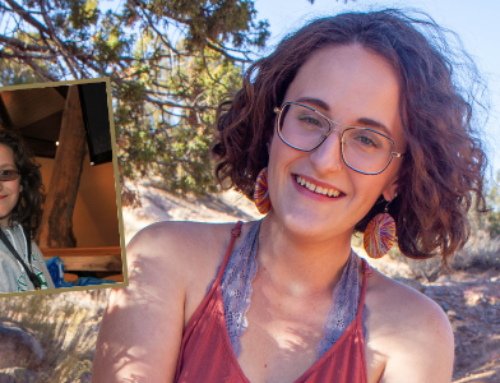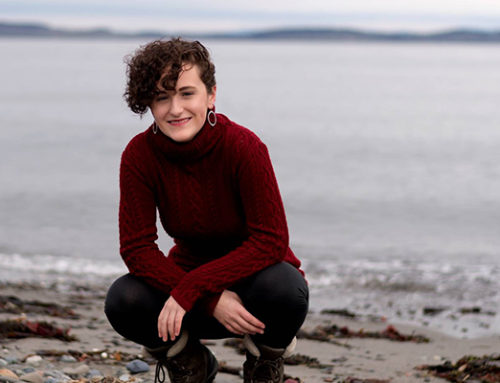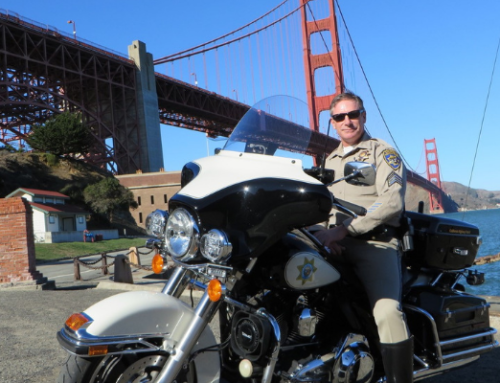Dark Days:
I experienced many dark days from the ages of 4 to 40. I experienced various types of abuse and trauma during those years, and I began having symptoms of mental illness as early as 7. The symptoms weren’t always consistent, and my behavior was misconstrued as, “she is just being a bad girl,” but the reality was that I was the Perfect Poster Child for Bipolar.
I always felt a hallucinative dark presence, but I learned at an early age how to tuck it away deep inside me. But, sometimes it would fight its way out and the battle to squish it would begin. I was 12 when I first tried to end that battle within me.
When my Dad – who was my best friend – died, I felt a deep and painful void, and my grief set me into a dark tailspin.
I went to my pastor for help, but he was uneducated about mental illness and I was counseled to serve more. Later I was told to speak to a women’s ministry leader who told me that I must have unconfessed sin, or wasn’t reading my bible, or wasn’t praying enough. This caused me to sink into a deep well of depression. I started to become the perfect ad for bipolar symptoms, experiencing the unhealthy behaviors and painful consequences.
Whenever I felt severely depressed, dark thoughts would just naturally come. They would instantly appear and my self-esteem would evaporate. Life seemed worthless; I wanted to die and this happened over and over and over. The feeling was like having prison balls and shackles around my ankles and being tossed into quicksand. It takes energy to survive, and over time I grew exhausted and became completely hopeless. My hopelessness clouded the love of a beautiful family and I sunk further into the quicksand…I just wanted the pain to end!
History and Treatment:
I realized that I suffered from Bipolar at an early age. My first experience with treatment was in the 2nd grade – I got to play with a wooden dollhouse while I was told to explain my “bad behavior”. My next experience came my freshman year of high school. I lost complete touch with reality and was taken to an inpatient hospital where they were surprised I had no drugs in my system. My experience there was horrific. I was subjected to unethical behaviors from professionals, and in short felt MORE TRAUMA.
During my childbearing years I suffered from severe postpartum depression but was told it was just a hormone imbalance and would pass.
The next 18 years of my life was an invisible, emotional roller coaster. My faith and my husband’s unconditional love and support along with the joy of raising my daughters gave me an unexplained strength to survive. It felt like a temporary remission, and it was only later that I realized I had suffered in silence.
17 years ago, at the age of 40, my 3rd psychotic break landed me in the University of California San Francisco Psychiatric Hospital. I was completely numb and still shackled to depression and suicide attempts. This experience provided me with a correct diagnosis and a lifesaver, and I began to slowly feel pulled out of the quicksand. This is where my mustard seed of hope and recovery was planted.
My husband began to research mental illness and we saw several professionals – to no avail…then came some hope. As part of one of my discharge requirements, I had to attend a six week Intensive Out Patient Program that was the beginning of my journey to recovery. I was blessed to finally find a professional that took me under her wing for both my medication and therapy.
Acceptance, Recovery and Coping Skills:
Acceptance of having a mental illness hasn’t really been an issue for me. It’s been the infliction of rejection that came from the ripples of living with mental illness. True acceptance came for me when I accepted God’s forgiveness and surrendered my feelings of guilt and shame; self-forgiveness.
I was now experiencing fewer mountains and valleys, and the birth of my grandson came at a time when I needed a sense of purpose. His life brought me an incredible joy that filled the emptiness I had from the loss of my Dad.
My initial coping skills existed of open and honest communication with my husband; and his acceptance, empathy and forgiveness helped me cope and heal.
We took the NAMI Family to Family class, and I ventured out and took others on Wellness and Recovery, the Mary Ellen Copeland WRAP Classes, and Peer Employment Training. I learned to develop tools to help me cope with stressful situations that could be potential triggers for a bipolar episode.
Today, I give myself permission to have a PJ Day, watch movies and eat junk food. Above all, my Christian faith gives me strength and courage.
Hopes and Dreams:
It hasn’t been a painless journey, but through education, proper treatment, and accepting that I need the support of others, I have gone from complete hopelessness to immensely hopeful.
My story has been rewritten: Bipolar doesn’t define who I am anymore. I am not just a Suicide Attempt Survivor, I am now a Peer Support Specialist and Mental Health Advocate with passion to raise awareness, reduce stigma against mental illness, and share the message of hope and that recovery is possible and life is precious.

